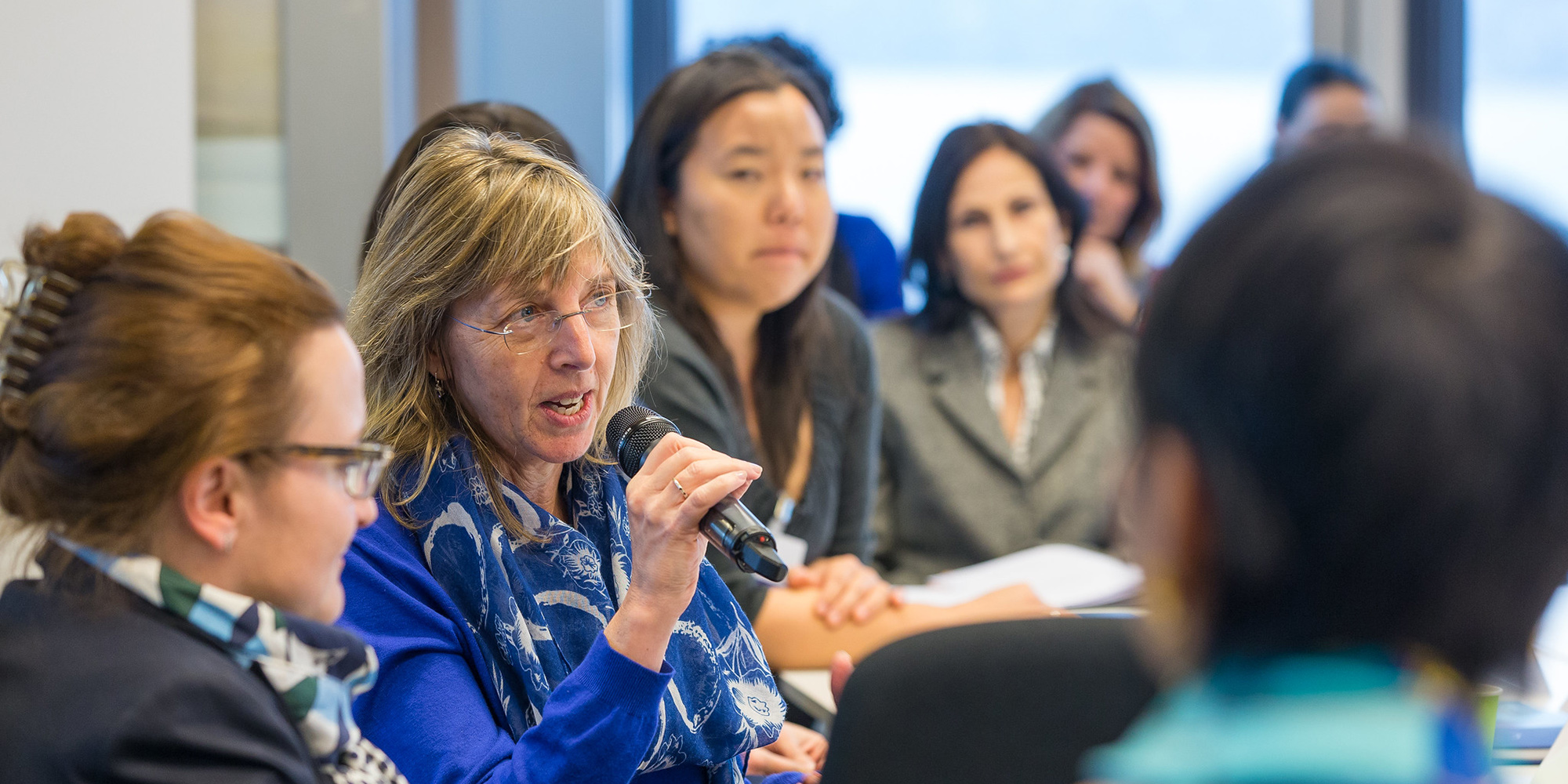
Each year, the 8th of March is a moment to focus on the achievements of women worldwide, across many different domains. In 2021, as thoughts turn to recovery from the COVID-19 pandemic, the theme for this International Women’s Day is ‘Women in leadership: Achieving an equal future in a COVID-19 world‘. The theme celebrates the unprecedented efforts of women on the front lines of the pandemic, whether as scientists striving to understand the virus and develop a vaccine, health workers caring for the sick, care-givers looking after some of society’s most vulnerable people, or community and national leaders.
This year’s International Women’s Day highlights the transformative power of women’s equal participation.
From the UN Secretary General’s message on the occasion of International Women’s Day 2021.
ISC members and partners are today celebrating International Women’s Day through virtual events, special publications, and by amplifying their year-round work to advance women in science leadership:
This International Women’s Day, we encourage you to explore these thought-provoking and inspiring resources and events.
If you haven’t already had chance to listen to the ISC podcast Better allies, better science, featuring President of the Royal Netherlands Academy of Arts and Sciences (KNAW) Ineke Sluiter and ISC Patron Mary Robinson about practical steps to being better allies for women, you can listen here:
And you can catch up on recent episodes here. It’s also a great moment to revisit our 2020 podcast series, Women in Science.
In October 2020, The GYA Women in Science group launched stories about Motherhood in Science:
Download the publication Motherhood in Science – How children change our academic careers.
Read To be smart, the digital revolution will need to be inclusive, an excerpt from the UNESCO Science Report. This excerpt is co-authored by Tonya Blowers, Programme Coordinator for the Organization for Women in Science for the Developing World (OWSD).
The project aims to increase gender equality in global science, through improved sharing and use of evidence for gender policies and programmes in scientific institutions and organizations at national, regional and international levels.
Image: WIPO. Photo: Emmanuel Berrod.